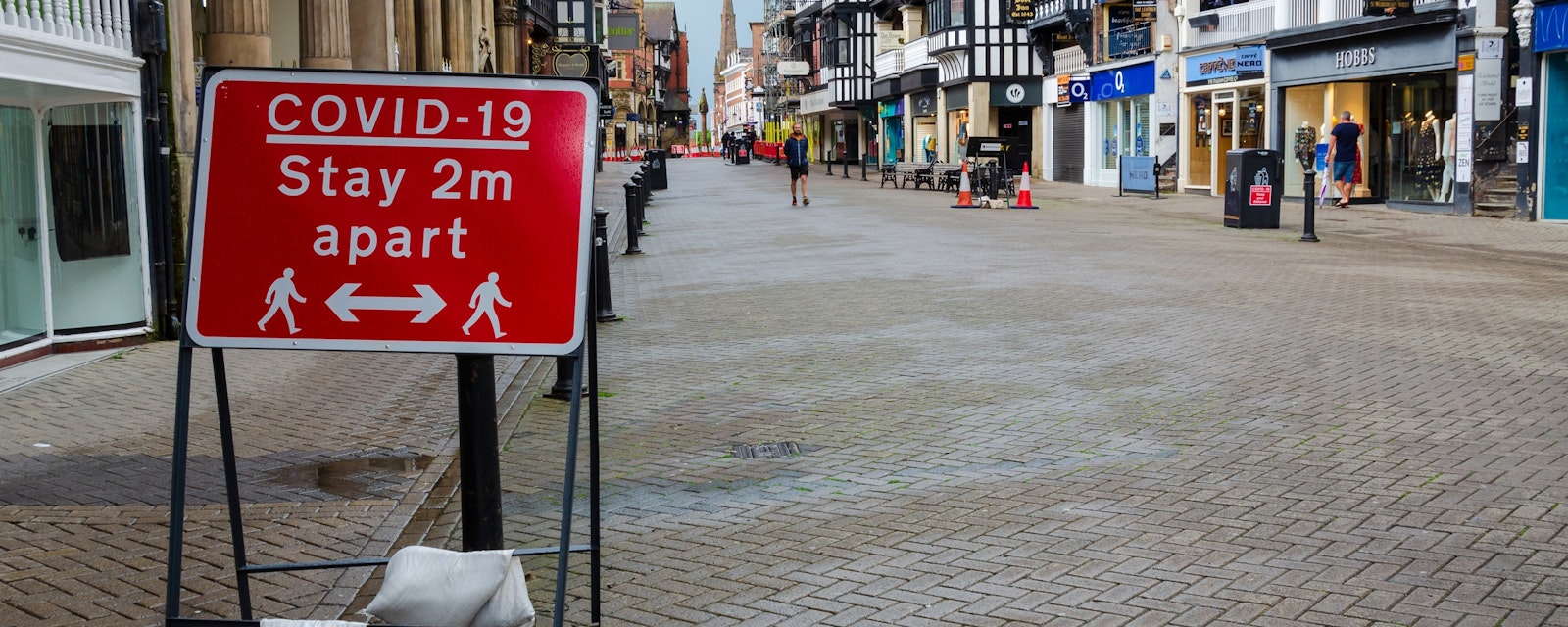Below please find key take-outs from our October 15th panel with Andrew Witty, former CEO of GSK and current WHO Envoy & President, United Health Group; Dr. Richard Horton, Editor-in-Chief, The Lancet; Professor Sian Griffiths, Emeritus Professor Chinese University of Hong Kong; Amber Rudd, former Home Secretary and Senior Advisor; and chaired by Principal of Teneo’s Situations and Politics practice and former Downing Street Director of Politics and Communications, Craig Oliver.
Key Takeaways
- The undoubted theme of the call was that we need to learn to live with this virus in the long term. There are no quick fixes and only well executed epidemiological actions can suppress the virus, protect those who are vulnerable and allow the economy to operate until we can mass produce a vaccine. If we are going to look for international examples to guide our response, the Swedish model which has a similar death rate to the UK is unwelcome. We should look at Japan and Germany and understand how they have been able to follow a similar model to the UK, but with a significant lower mortality rate.
- Some on the panel felt the government’s response has been subpar. One failing has been their attempt to trumpet their own response. This gap between rhetoric and reality is most stark when considering track, trace and isolate. On no measure do we have a world leading system, where too often cases are missed, or patients aren’t isolating. Greater use of local expertise and the NHS can help to rectify this and ensure a more fit for purpose system is in place.
- There was clear support for a short ‘circuit breaker’ lockdown over the October half term. Whilst the initial lockdown achieved its goal of suppressing the virus, people quickly returned to normal life shortly after. The abandonment of social distancing and mask wearing through August allowed community transmission to return creating the situation we face today. Only a two-three week lockdown can end this transmission and lower the R rate below one.
- One of the most illuminating moments of the call was an extended discussion about the prospects for a vaccine. The panel were both able to show the many causes for optimism – having nine potential vaccines in phase 3 trials (large scale human trials seeking clear proof of an antibody response) was seen as a miraculous achievement. However, so many challenges remain. The burden of proof in ensuring there is no negative medical impact is significant. A reason several have already been delayed. However, the biggest challenge is production. Once approved, we will need to manufacture billions of doses and put simply, this has never been done before.
- Despite the trying times we find ourselves in, every panelist concluded on a note of optimism. Society has faced pandemics before and each time we have come out stronger. They were confident that not only will the economy recover, but scientific innovation, new ways of working and international collaboration will leave a lasting positive impact on society as a whole.
The views and opinions in these articles are solely of the authors and do not necessarily reflect those of Teneo. They are offered to stimulate thought and discussion and not as legal, financial, accounting, tax or other professional advice or counsel.




